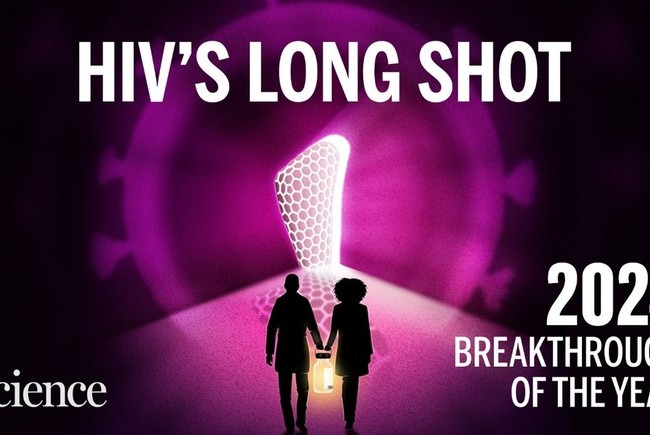Kelly Chibale elected to the US National Academy of Medicine
26 November 2024 | Story Thami Nkwanyane. Photo Lerato Maduna. Read time 3 min.
The University of Cape Town’s (UCT) Professor Kelly Chibale has been elected as an international member of the esteemed United States National Academy of Medicine (NAM) for pioneering infectious disease drug discovery on the African continent.
Election to the academy is considered one of the highest honours in health and medicine. It recognises individuals who have demonstrated outstanding professional achievement and commitment to service.
The election citation recognises that Professor Chibale, the Neville Isdell Chair in Africancentric Drug Discovery & Development and founder, has led international project teams, including one that discovered the first small molecule clinical candidate for any disease, researched on African soil by an African-led international team. Chibale is also the founder and director of H3D, UCT’s drug discovery and development centre based in the Department of Chemistry and Institute of Infectious Disease and Molecular Medicine (IDM).
NAM elected 90 regular and 10 international members during its annual meeting on Monday, 21 October 2024.
“It is the impact of one’s research on health and medicine that is recognised by this prestigious academy.”
“Since election to the United States, NAM is considered one of the highest honours in the fields of health and medicine, I am incredibly honoured considering that I am a synthetic organic chemist by training. It shows that regardless of one’s scientific background, it is the impact of one’s research on health and medicine that is recognised by this prestigious academy. I am grateful to my nominators, team members, past and present, from my UCT academic group and H3D as well as research collaborators and funders for their contribution to this election,” said Chibale.
The newly elected members bring NAM’s total membership to more than 2 400, which includes nearly 200 international members.
Major contributions
Current members elect new members through a process that recognises individuals who have made major contributions to the advancement of the medical sciences, healthcare and public health. A diversity of talent among NAM’s membership is assured by its Articles of Organization, which stipulate that at least one-quarter of the membership is selected from fields outside the health professions such as law, engineering, social sciences and humanities.
“This class of new members represents the most exceptional researchers and leaders in health and medicine, who have made significant breakthroughs, led the response to major public health challenges, and advanced health equity,” said NAM president, Victor J Dzau. “Their expertise will be necessary to supporting NAM’s work to address the pressing health and scientific challenges we face today. It is my privilege to welcome these esteemed individuals to the National Academy of Medicine.”
Addressing critical issues
Established originally as the Institute of Medicine in 1970 by the National Academy of Sciences, NAM addresses critical issues in health, science, medicine and related policy, and inspires positive actions across sectors. NAM works alongside the National Academy of Sciences and National Academy of Engineering to provide independent, objective analysis and advice to the nation and conduct other activities to solve complex problems and inform public policy decisions.
The National Academies of Sciences, Engineering, and Medicine also encourage education and research, recognise outstanding contributions to knowledge, and increase public understanding of science, technology, engineering, and mathematics (STEM). With their election, NAM members commit to volunteer their service in national academies activities.
 This work is licensed under a Creative Commons Attribution-NoDerivatives 4.0 International License.
This work is licensed under a Creative Commons Attribution-NoDerivatives 4.0 International License.
Please view the republishing articles page for more information.
Faculty of Health Sciences News














.png)









